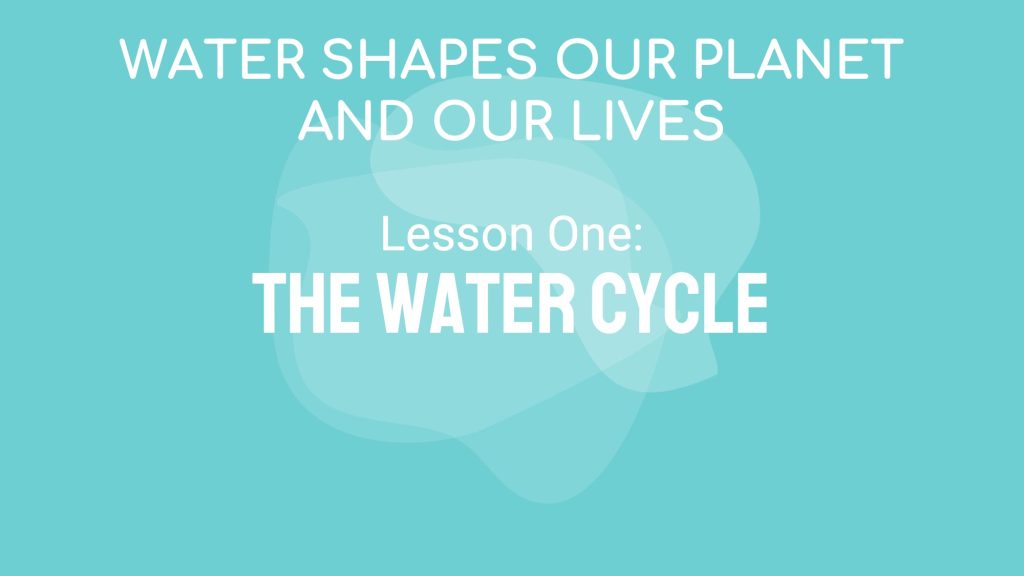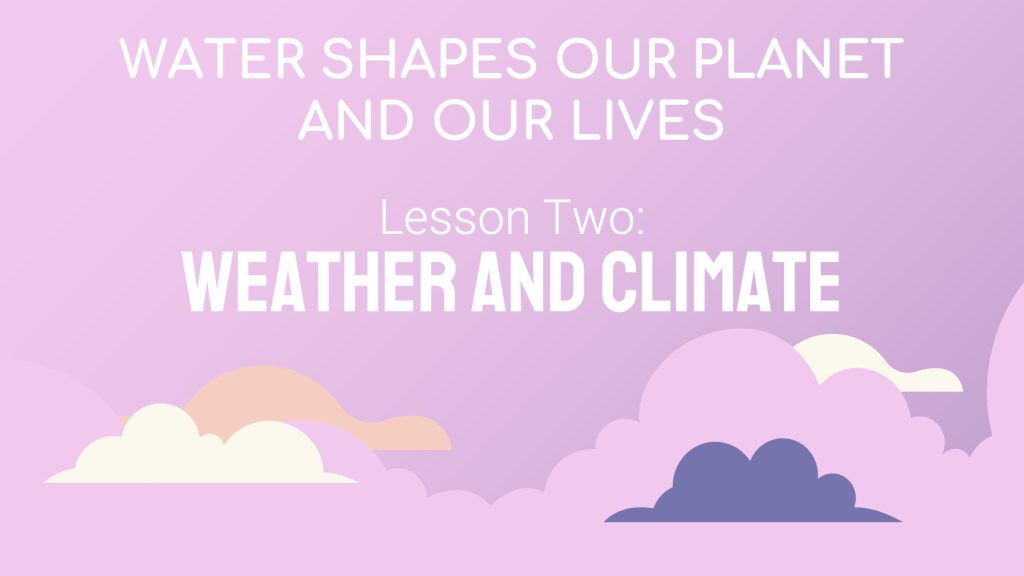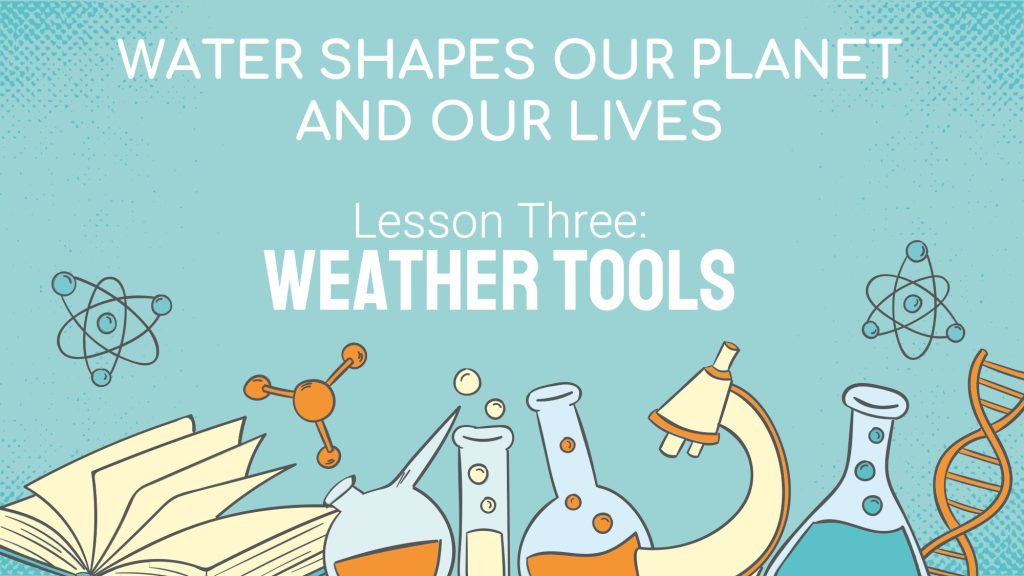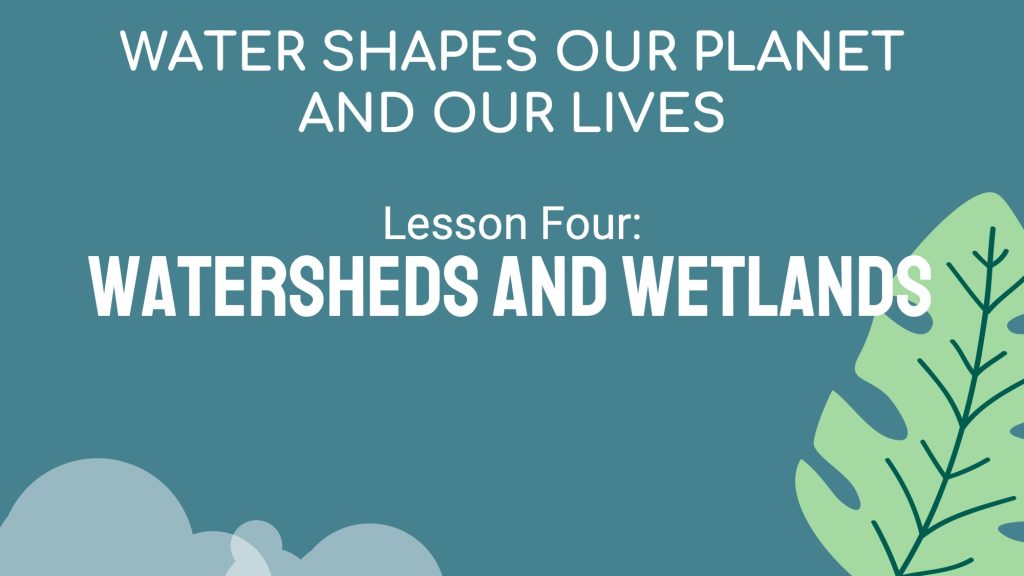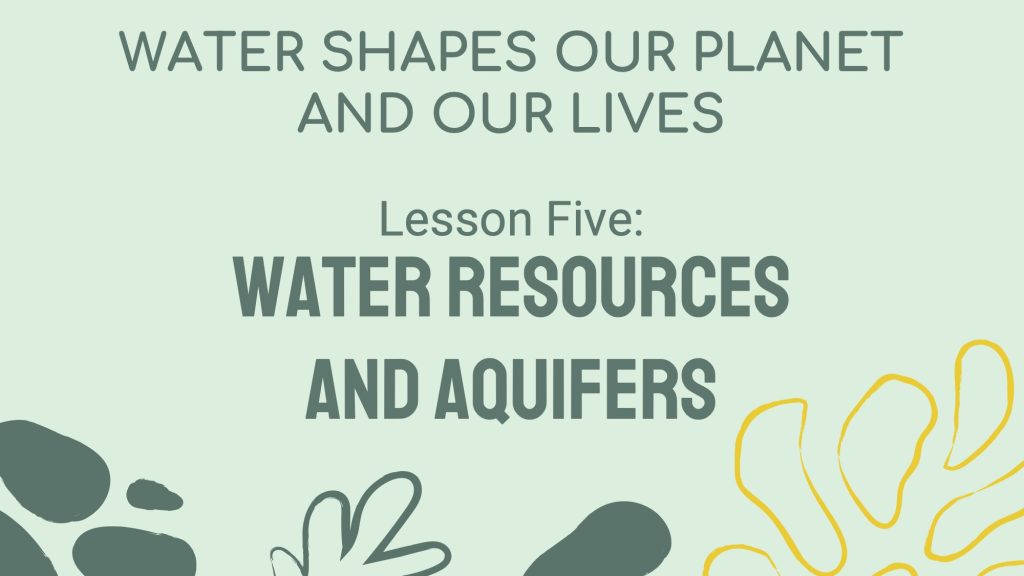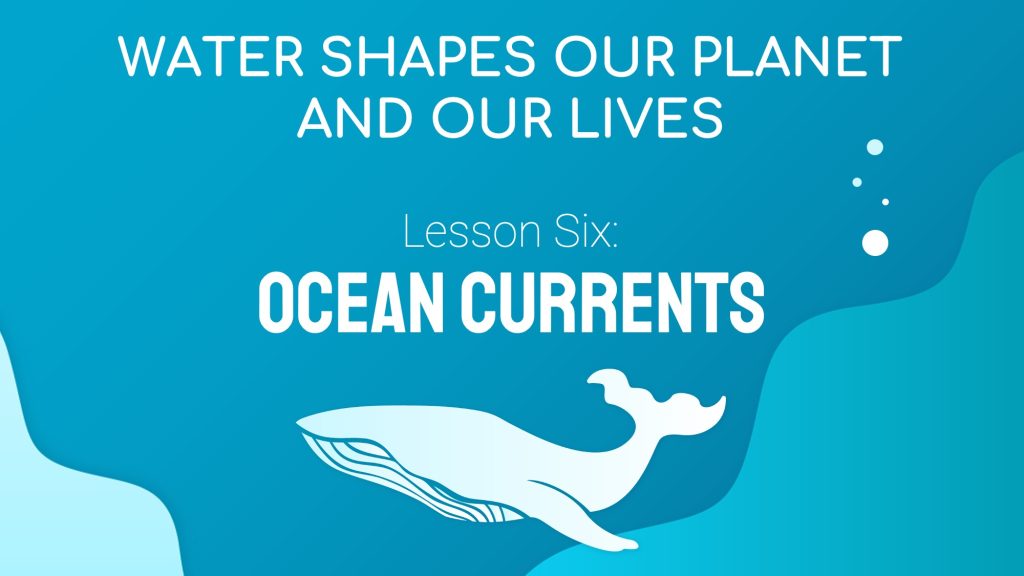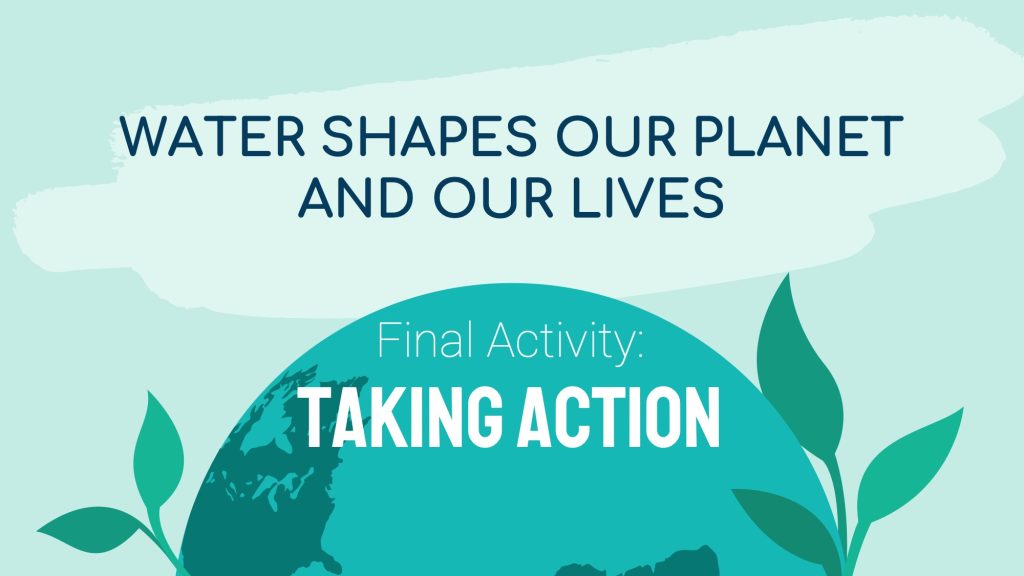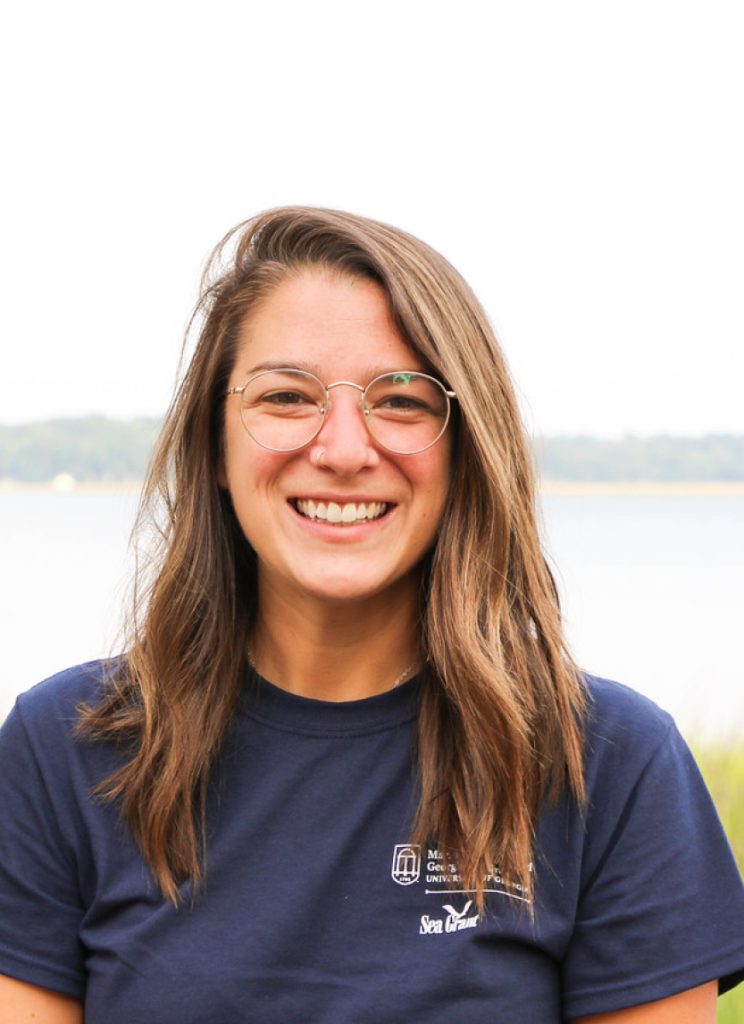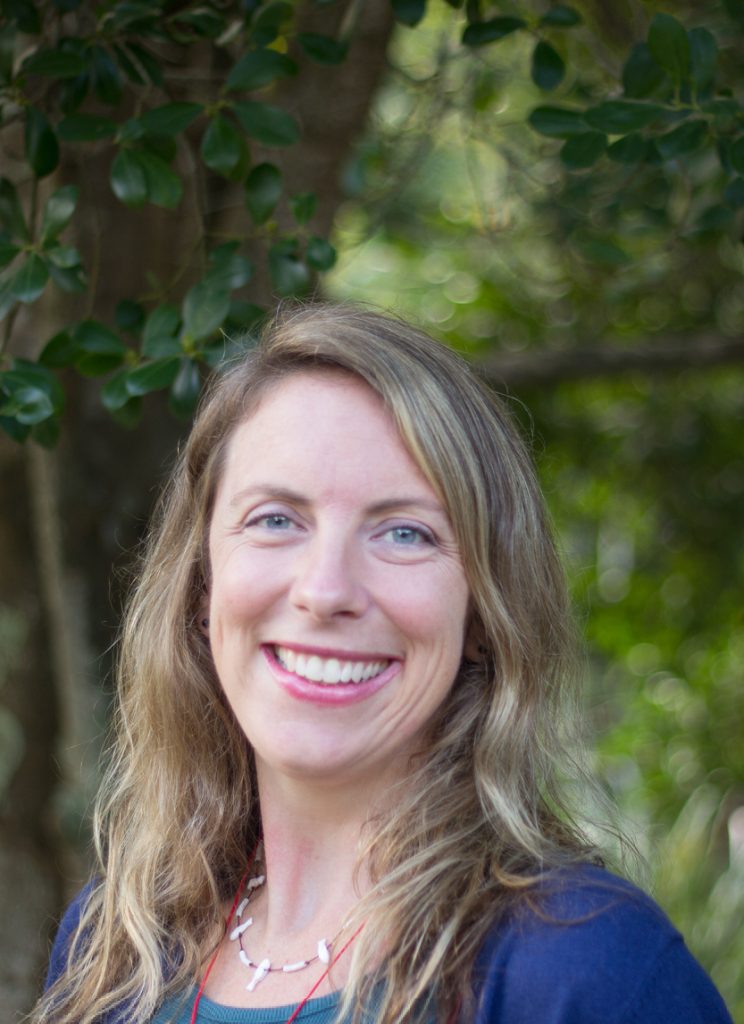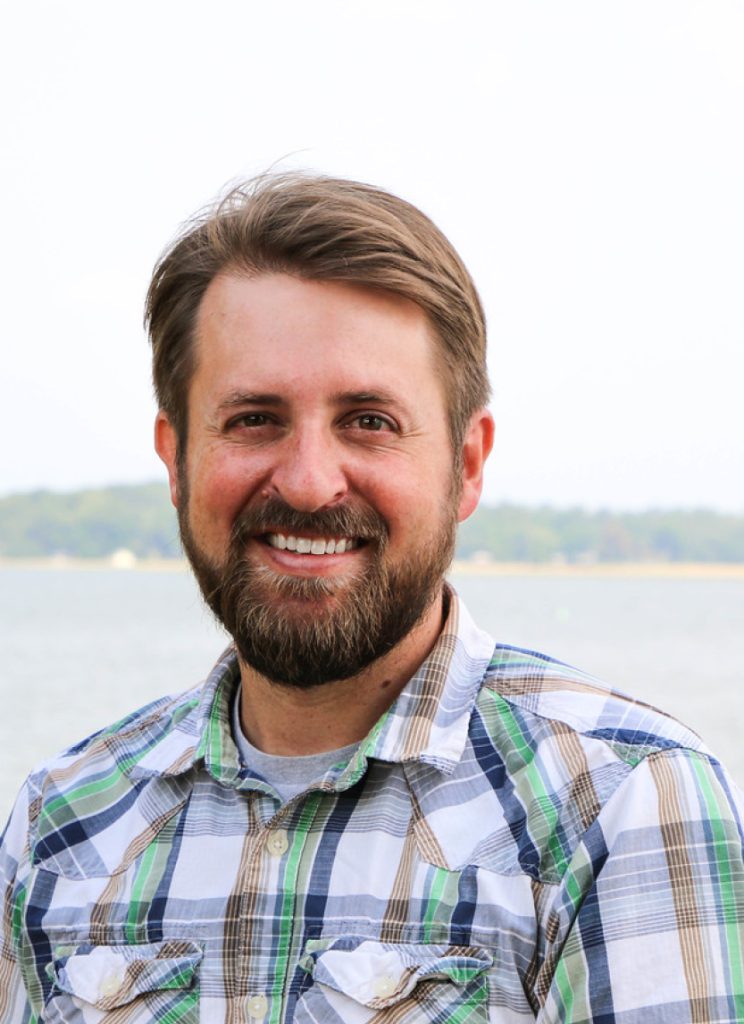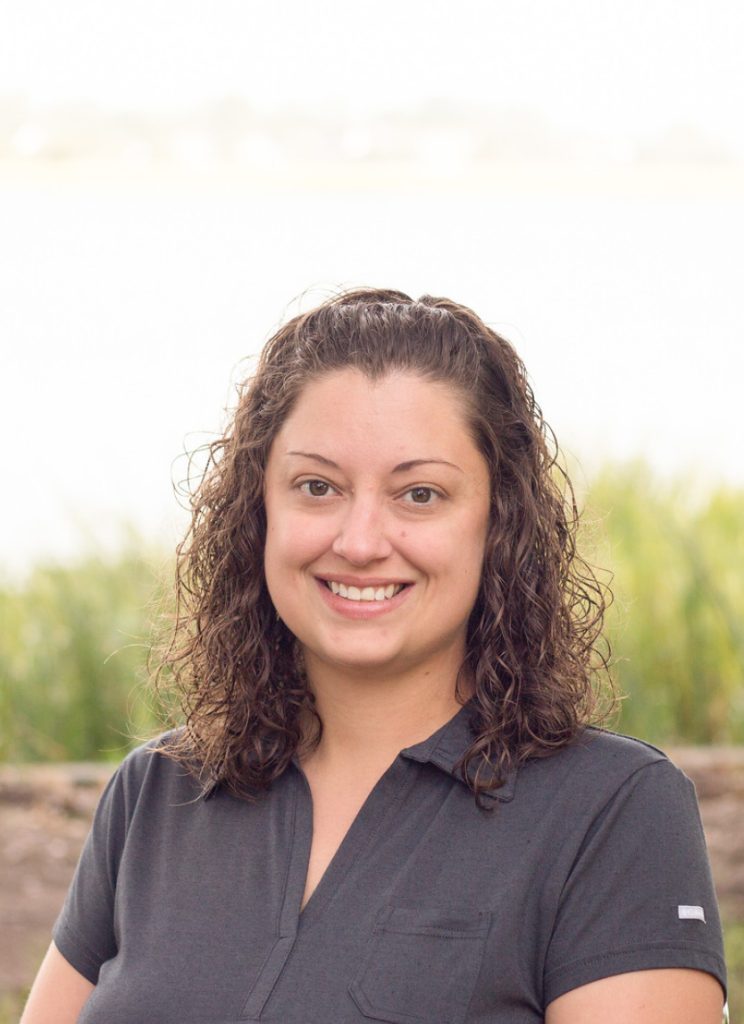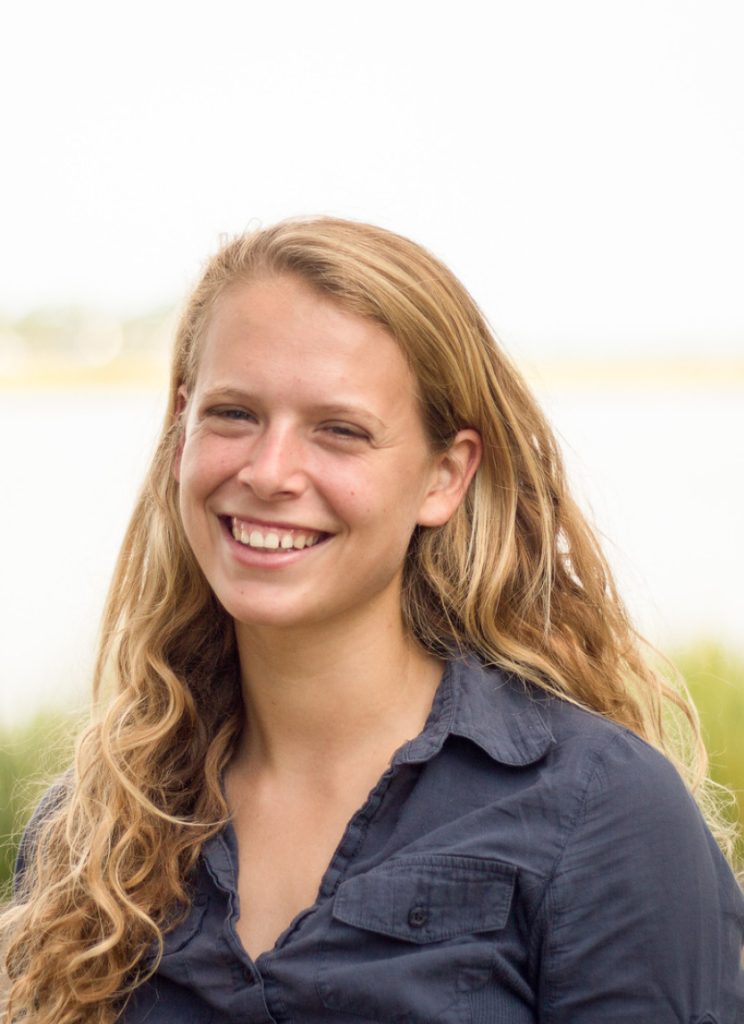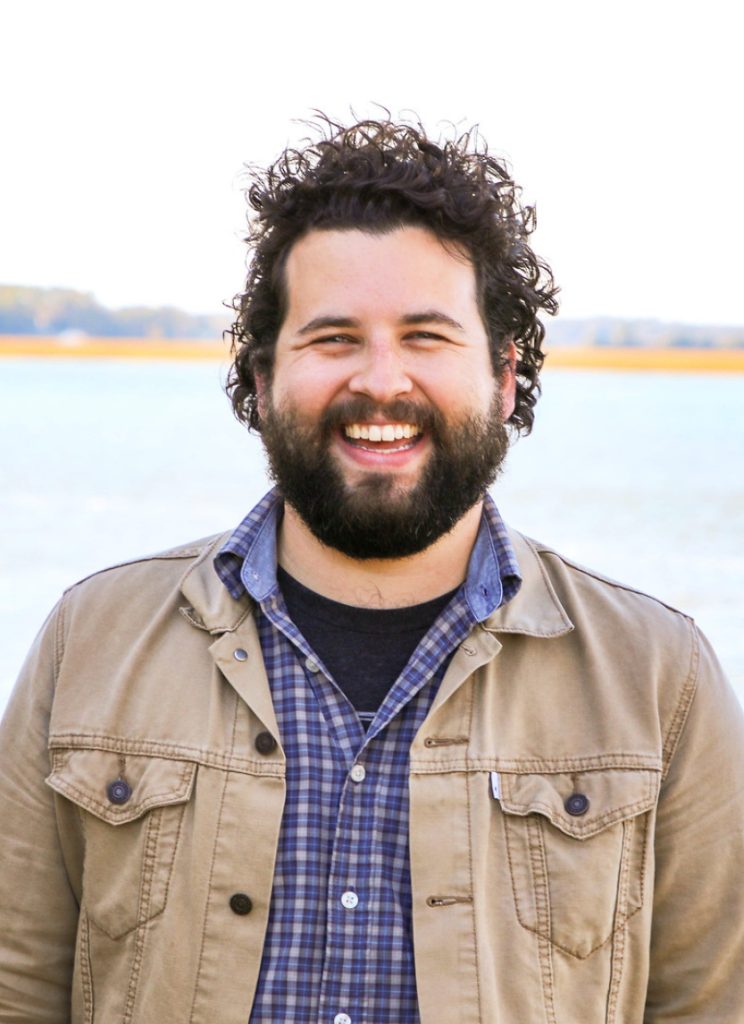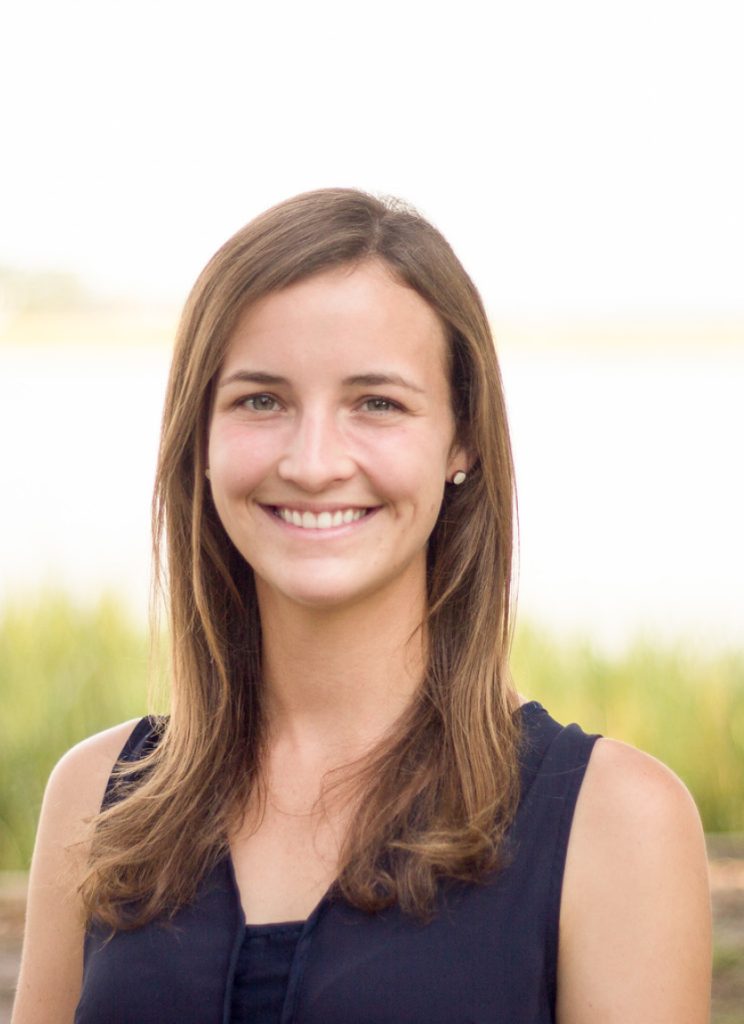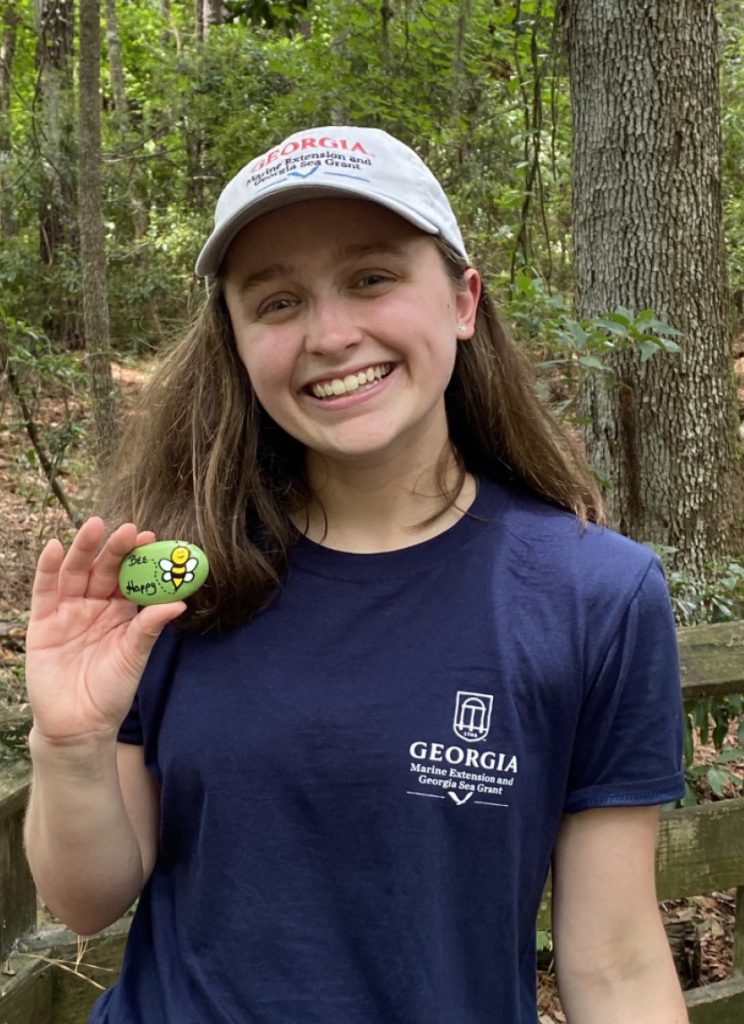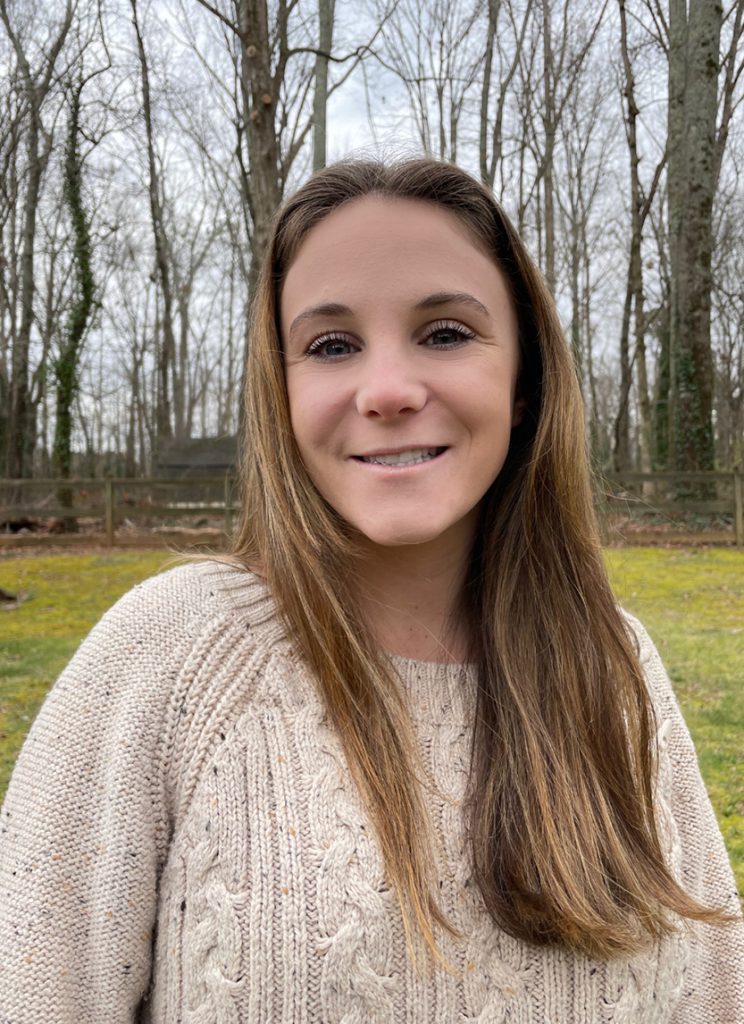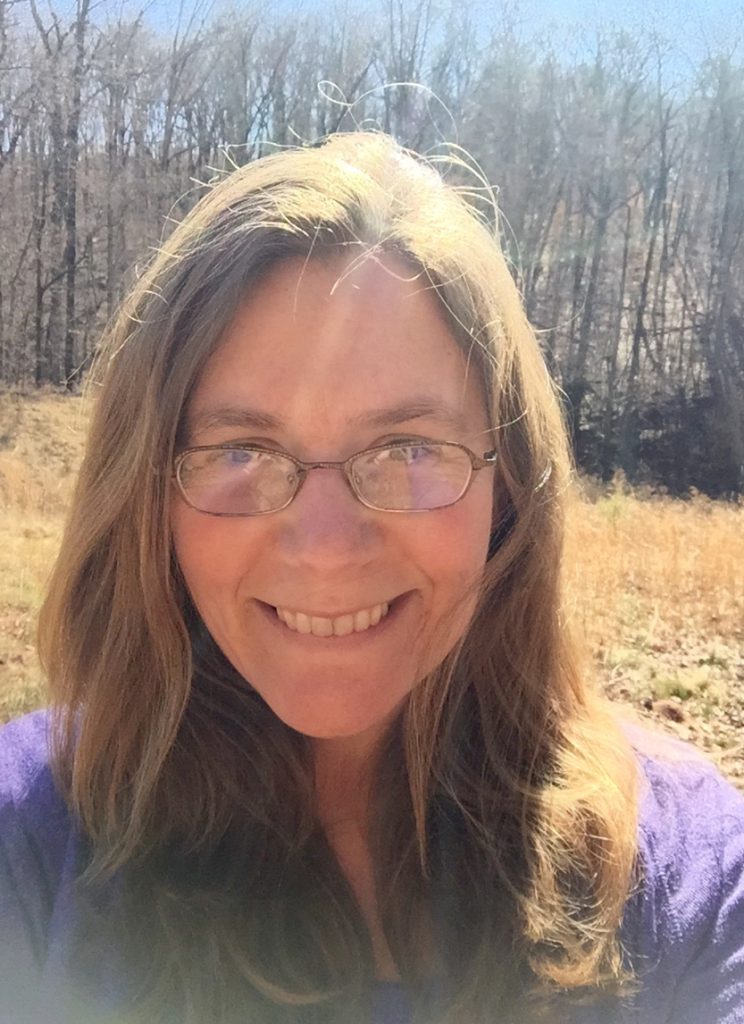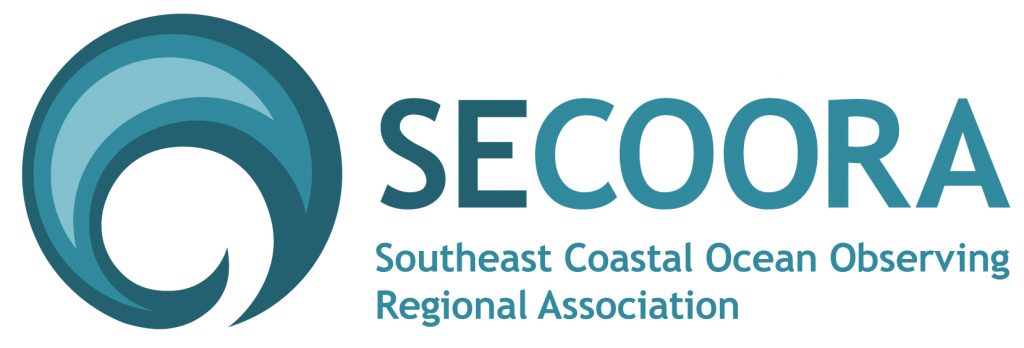
*Attention: Click here to watch a webinar on the curriculum. Recorded on April 27, 2021.
Explore a new, comprehensive 4th-6th grade science unit on the water cycle, weather, climate and natural processes that shape the Earth’s coasts and communities.
This virtual science unit with a hands-on component provides a unique experience where students explore local weather, discover and craft tools used by scientists to collect weather data, and evaluate long-term trends recorded by climate scientists. All materials are below and act as teaching resources for both educators and families. Contact communications@secooraorgpact.wpengine.com if you have any questions or trouble launching the lessons.
Educators
Click here for a Curriculum Starter Guide.
Click here for a short tutorial to help you get started.
Educators can request activity kits for their virtual learners. Quantity is limited and will be distributed on a “first come, first served” basis.
Click here to request activity kits.
Supporting Materials
Quiz Answer Key for Lessons 1-6
Activity Supply Master List
Curious Learners
Click here for a short tutorial to help you get started.
To launch the student view of a lesson, click on the image below or the “Curious Learners” link beside the image.
In each lesson, some slides contain instructional videos. Watch only the first video and not the thumbnails that pop up at the end. If you are watching lessons on a smart phone, click on “Answer Question” at the bottom right of your screen to open a video or question slide.
Supporting Materials
Click here for an Activity Guide if you wish to gather supplies and follow along with the hands-on activities at the end of each lesson.
Lesson 1: The Water Cycle
Define the water cycle, learn about the important role water plays in our lives, and build a miniature water cycle model in a jar. Click here for the activity supply list.
Supporting Materials: Water Cycle Coloring Sheet
Curious Learners: Click here to launch the student view of Lesson 1 on Pear Deck.
Educators: Click here to launch the teacher version of Lesson 1 on Pear Deck.
Lesson 2: Weather and Climate
Learn the difference between weather and climate, discover how scientists study weather, get an introduction to climate change and sea level rise, and mimic precipitation by making a rain cloud. Click here for the activity supply list.
Curious Learners: Click here to launch the student view of Lesson 2 on Pear Deck.
Educators: Click here to launch the teacher version of Lesson 2 on Pear Deck.
Lesson 3: Weather Tools
Discover tools used to study the weather, learn about cloud formations and weather predictions, explore weather maps and symbols used to communicate weather events, and build an instrument to record wind speed. Click here for the activity supply list.
Supporting Materials: Weather Log
Curious Learners: Click here to launch the student view of Lesson 3 on Pear Deck.
Educators: Click here to launch the teacher version of Lesson 3 on Pear Deck.
Lesson 4: Watersheds and Wetlands
Learn how water flows within natural watershed boundaries, discover benefits of wetlands for wildlife and humans, and mimic how water moves across the landscape and interacts with various sources of pollution. Click here for the activity supply list.
Curious Learners: Click here to launch the student view of Lesson 4 on Pear Deck.
Educators: Click here to launch the teacher version of Lesson 4 on Pear Deck.
Lesson 5: Water Resources and Aquifers
Learn about surface and ground water resources, consider ways water is used in our daily lives and why it is very important to protect, and build an aquifer model. Click here for the activity supply list.
Curious Learners: Click here to launch the student view of Lesson 5 on Pear Deck.
Educators: Click here to launch the teacher version of Lesson 5 on Pear Deck.
Lesson 6: Ocean Currents
Discover how natural forces influence ocean currents, learn how ocean currents influence life on Earth, and observe how temperature influences the flow of water in the ocean. Click here for the activity supply list.
Curious Learners: Click here to launch the student view of Lesson 6 on Pear Deck.
Educators: Click here to launch the teacher version of Lesson 6 on Pear Deck.
Final Activity: Taking Action
Students will have an opportunity to communicate what they learned from the series by selecting an animal, doing research to learn how climate change is or could be impacting that species, and completing a creative project to share what they learned. Click here for the educator Final Activity guide.
Curious Learners: Click here to launch the student view of the Final Activity on Pear Deck.
Educators: Click here to launch the teacher version of the Final Activity on Pear Deck.
Educational Standards
This curriculum was designed following fourth grade Georgia Science Standards of Excellence, but has been aligned for elementary education on the water cycle, weather and climate, and climate change throughout the southeast region. This booklet highlights the standards met through this curriculum. One educator in each state reviewed the curriculum to evaluate how well the standards were met. Only standards that met to a rating of good or excellent were included.
Click here for the Educators Guide to Essential Standards.
Educators: Evaluate the Curriculum
Thank you for sharing this curriculum with your students. Educators, please complete the following evaluation to help us improve future curriculum.
Click here to complete the evaluation.
Meet the Authors of the Curriculum
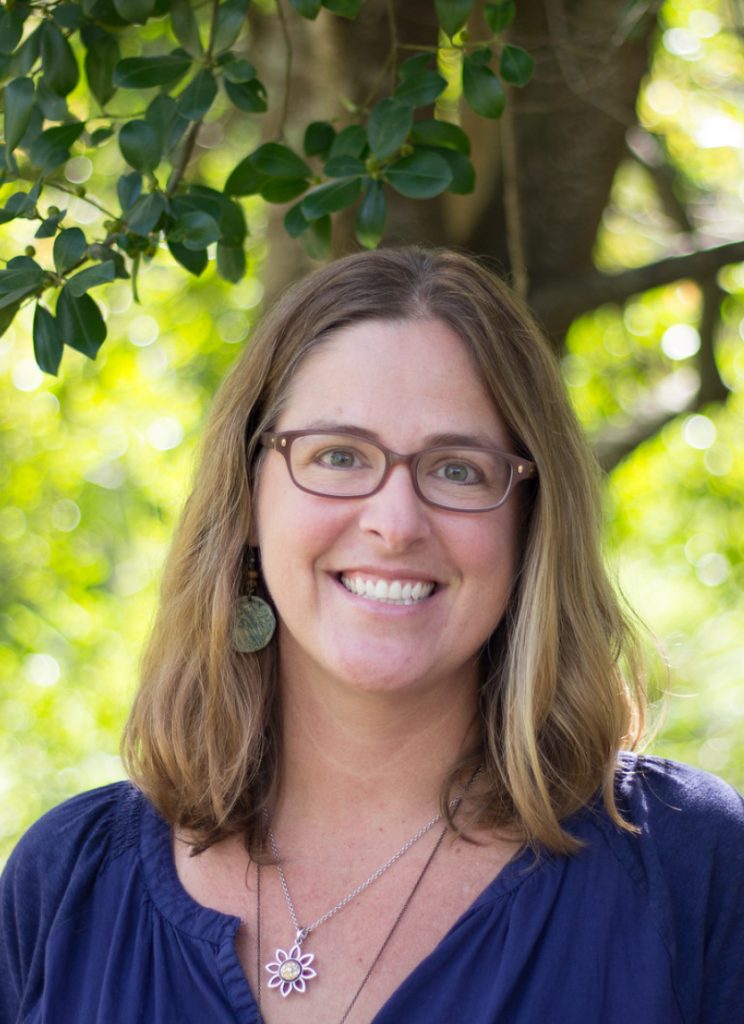
Katy Smith
Water Quality Program Coordinator, University of Georgia Marine Extension and Georgia Sea Grant
Nina Sassano
Educator and Intern Coordinator, University of Georgia Marine Extension and Georgia Sea Grant
Jill Gambill
Coastal Community Resilience Specialist, University of Georgia Marine Extension and Georgia Sea Grant
Luke Roberson
Adopt-A-Wetland Coordinator, University of Georgia Marine Extension and Georgia Sea Grant
Kayla Clark
Public Programs Coordinator, University of Georgia Marine Extension and Georgia Sea Grant
Trey Cooper
Public Relations Specialist, University of Georgia Marine Extension and Georgia Sea Grant
Emily Kenworthy
Public Relations Coordinator, University of Georgia Marine Extension and Georgia Sea Grant
Samantha Lance
Water Quality Summer Intern, University of Georgia Marine Extension and Georgia Sea Grant
Amelia Stone
Chin Scholarship Recipient, University of Georgia Marine Extension and Georgia Sea Grant
